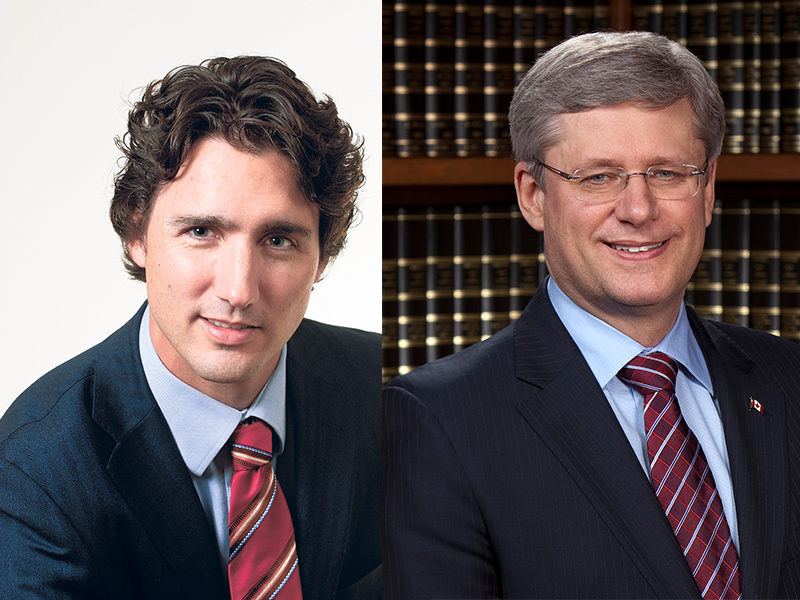With the election a month behind us, it’s time to take stock. For the past decade, Canada has been governed from the right. The Conservative party’s style was of a kind we’ve never seen before. Some pundits have described Stephen Harper’s political management as negative and divisive. Harper himself has been called, a micro-manager and a control-freak who wanted to turn Canada hard to the right.
This mattered little for much of Canada’s Jewish community. Why? Because Harper was one of the world’s strongest supporters of the State of Israel. I have said of Harper that he was the best prime minister Israel never had. In this there was a kind of seduction. Historically, Canadian Jewry’s advocacy groups – Canadian Jewish Congress, the Canada-Israel Committee, and even B’nai Brith and Friends of Simon Wiesenthal Center – always understood the first lesson of government relations was to swim in all political swimming pools. But with the advent of a prime minister who spoke so lovingly of Israel, only one swimming pool seemed to have any water.
During the last four years of Harper majority government, there was no longer even a pretense of non-partisanship. For example, last March, Liberal Leader Justin Trudeau – in an attempt to highlight Islamophobia in Canada – invoked the 1930s memory of Canada’s “none is too many” mindset. Indeed, politicians must be careful when using what some would view as Nazi analogies, and we must make this clear from time to time. However, Trudeau was discussing indifference to genocide, not committing genocide itself. But the Centre for Israel and Jewish Affairs (CIJA) would have none of it, and tersely rebuked him in a harshly worded press release.
Two days later, CIJA made a complete about-face when it came to Conservative Holocaust analogies. Discussing the same anti-terror bill, then-public safety minister Steve Blaney noted that “The Holocaust did not begin in the gas chambers, it began with words” – a blatant use of the Holocaust to advance controversial, partisan legislation, focused directly on the act of genocide. CIJA CEO Shimon Fogel rushed to Blaney’s defence, declaring that, in this case (given ISIS’ extremism), the comparison was “not entirely out of place.”
A few months later, in June, when this same government’s anti-terrorism bill was given royal assent, CIJA chose to be the only organization in Canada to lend its name to a government press release supporting the legislation. Never in my memory has any Jewish advocacy organization been so obviously partisan in support of such controversial legislation. Even though many in our community may have supported it, surely a CIJA media release would have sufficed. Joining the government’s official media statement was over the line.
Indeed, even during last month’s election, when Trudeau and the Liberals were repeatedly vilified by some significant members of our own community with the silly notion that the party had been infiltrated by Islamic extremists, CIJA refused to counter these calumnies. It explained in an email – seen by many – that the “CRA [Canada Revenue Agency], Elections Canada and the LRA [Lobbyists Registration Act] prohibit CIJA from commenting on such things.” CIJA declined to correct the record on the basis that it would be “partisan” to do so. This was clearly not the case, as CIJA well knew.
There you have it: a brief history of blatant one-sidedness that must now be undone. I’m confident Prime Minster Trudeau understands the necessity of communal engagement and will continue to participate in constructive dialogue with our community, despite the partisanship of the past. I also believe that many of our community’s leaders must now realize that their understandable dedication to Israel and the Jewish People sometimes got the better of them. Hopefully, the most basic lesson has been learned by our community’s advocacy professionals: there’s more than one swimming pool in this country, and we must swim in them all.
